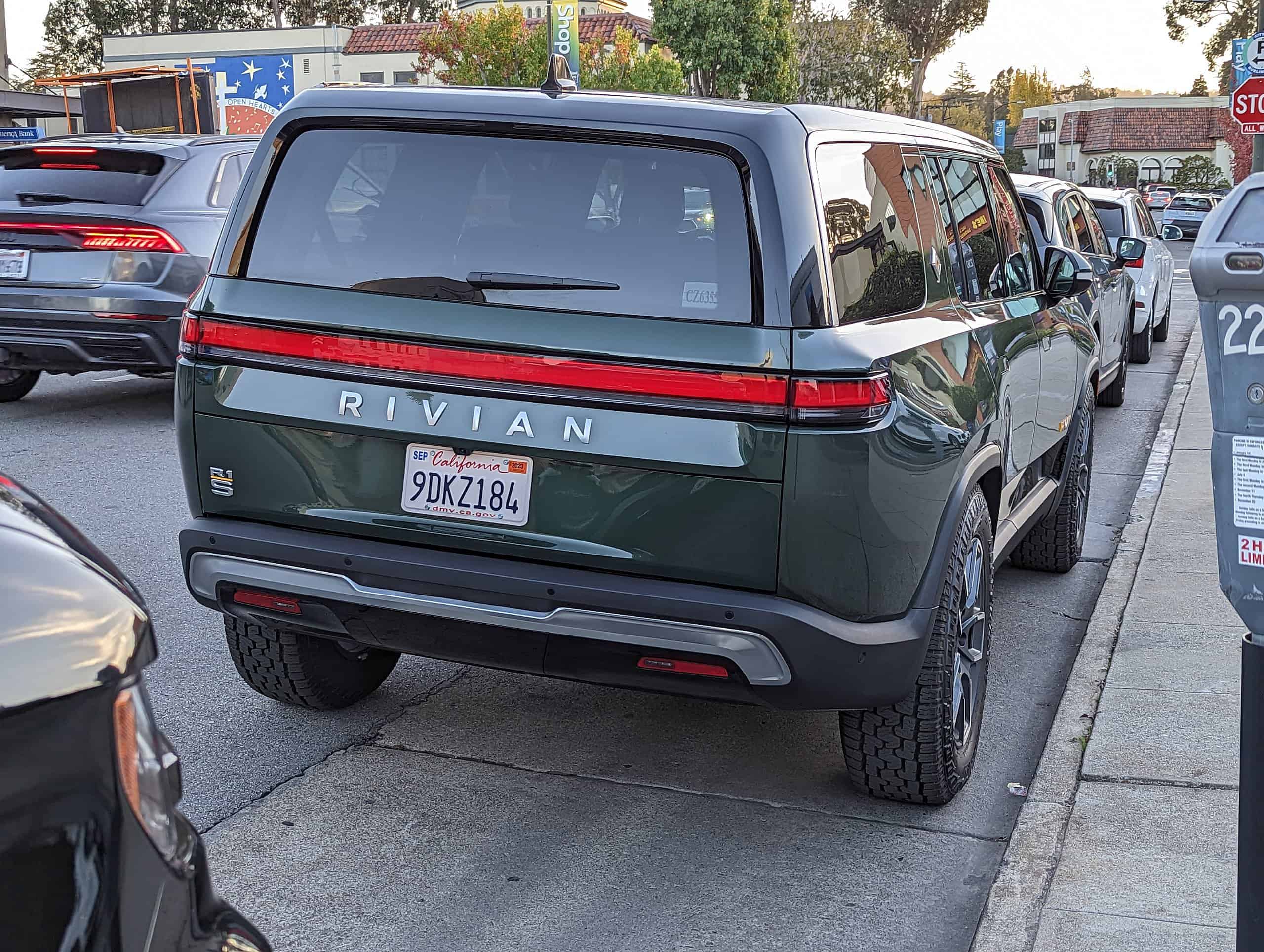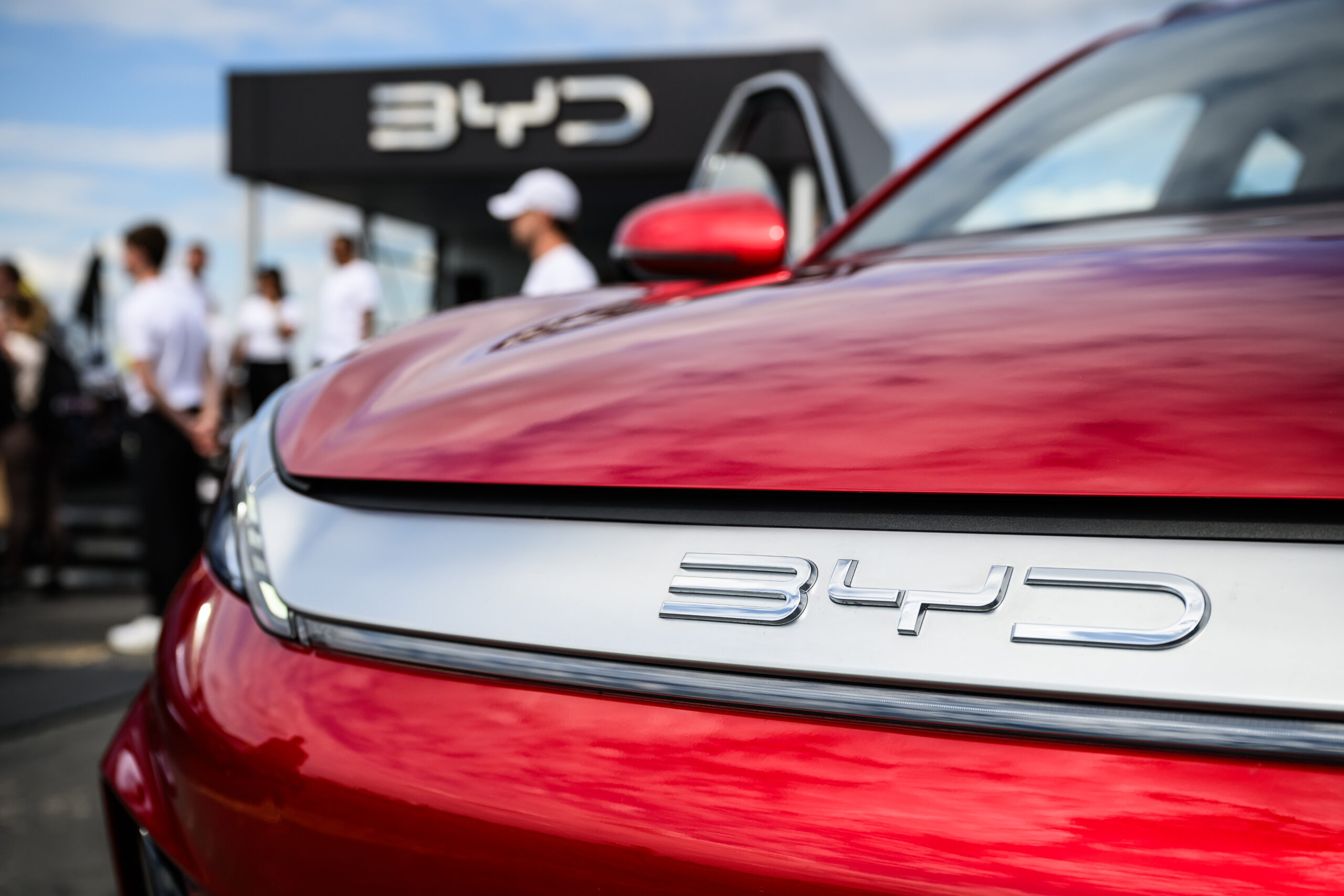
The EV market is growing, but at a slower pace, partly due to Tesla’s (NASDAQ:TSLA) influence on the overall sector. The largest EV maker in the U.S., Tesla’s recent underperformance has hit this space hard. The company’s continued price cuts have led to some unit growth, though growth is slowing, and there are many investors who are now calling Tesla a growth company without the growth.
Some of that could be due to Elon Musk’s recent outspoken political hot takes, his many lawsuits (for varying reasons), and the prevalence of other EV options in this space. Heightened competition has led to price cuts, which are great for consumers (and overall inflation numbers), but terrible for margins. With so many EV companies struggling to grapple for market share, even as affordability improves (new EVs average $56,000 compared to $48,000 for gas cars), many car buyers and investors may want to look beyond Tesla for their next purchase.
Let’s dive into three EV stocks that could eat Tesla’s lunch (or at least some of it) over the long-term.
Key Points About This Article:
- Tesla remains the leader in the U.S. EV sector, but has seen slower earnings growth as margins contract amid growing competition and increasing price cuts.
- For those who want another option aside from Elon Musk-led Tesla, here are three companies to consider.
- If you’re looking for some stocks with huge potential, make sure to grab a free copy of our brand-new “The Next NVIDIA” report. It features a software stock we’re confident has 10X potential.
Rivian Automotive (RIVN)

Rivian Automotive (NASDAQ:RIVN) is perhaps the leading pure-play EV competitor to Tesla in the market right now. The company’s focus on providing electric SUVs and pickup trucks has differentiated Rivian from the pack, and it’s what makes the company a unique play worth considering in the EV realm.
Rivian’s recent performance has left much to be desired from investors, with RIVN stock declining nearly 40% on a year-to-date basis. This is partly due to recent quarterly earnings results which missed expectations. On August 6, Rivian reported a larger-than-expected second-quarter loss of $1.46 per share, up from $1.27 per share a year earlier, despite revenue surpassing forecasts at $1.158 billion, a 3% increase. The company’s joint venture with Volkswagen (OTC:VWAGY) is set to close by the fourth quarter, and could provide the impetus for a stronger long-term outlook. However, while the stock did increase following the announcement, it’s since given up much of these gains.
Some of this decline can be due to recent news that Rivian has paused production of its commercial delivery vans for Amazon due to a parts shortage. This headline caused Rivian’s share price to drop 4%. This production halt adds to Rivian’s ongoing supply chain difficulties, reflecting broader issues faced by EV manufacturers with supplier shortages.
Rivian was noted as the most satisfying US auto brand in the 2024 JD Power APEAL study but was not officially ranked due to not meeting criteria. The company’s Adventure Vehicles, like the R1T pickup and R1S SUV, offer off-road capabilities and up to 420 miles of range, promoting eco-friendly travel. I think Rivian’s brand and product offerings are certainly intriguing, and could continue to gain share over Tesla, if the average car buyer shifts his or her preference away from Tesla over time.
BYD Co. (BYDDF)

Earnings growth is crucial for investors, signaling strong future prospects. While BYD Co.’s (OCTMKTS:BYDDF) historical earnings per share growth rate has come in around 140%, it’s clear that the sky-high growth rates BYD has seen off a small base aren’t likely to continue. That said, this year’s 14.8% projected earnings growth figure highlights BYD’s competitive position in an industry that’s expected to decline 3.2%, on average, this year.
In other words, BYD remains one of the last bastions of growth in an EV sector which appears to be in decline. This company’s very attractively-priced vehicles have performed well, and other automakers at higher price points have clearly been forced to cut costs to compete. For BYD, a company that’s growing at scale, it’s their market share to lose. At least, that’s how things appear to be shaping up, with the Chinese EV maker recently overtaking Tesla as the top electric and hybrid vehicle seller globally.
A top Warren Buffett holding, BYD could be among the best EV stocks to invest in over the long-term. For those with an investing time horizon of a decade or longer, this is a top stock I think could be worth considering on dips moving forward.
Li Auto (LI)

Li Auto (NASDAQ:LI) set a record in July by delivering 51,000 vehicles, driven by strong sales of its new and affordable Li L6 SUV, which features a fuel tank to extend battery range. The company is focused on addressing ongoing consumer concerns around range, with range anxiety among the key factors leading many car buyers to seek alternative options. Indeed, having a hybrid option available to car buyers could actually boost Li’s brand, and potentially accelerate the broader global shift toward more renewable transportation options.
Launched in April, the Li L6 saw strong deliveries number, with more than 20,000 monthly deliveries taking place. Car buyers appear to like the company’s starting price point at 249,000 yuan ($34,373), comparable to Tesla’s Model Y in China.
Li Auto turned profitable in 2023 and is continuing to see strong deliveries growth. However, the company’s stock price has been hit by sharp declines. With shares of LI stock now trading around $20 per share, as many EV companies continue to get repriced by the market due to sector-specific headwinds, now could be the time for many investors to consider this Chinese EV competitor. If Li Auto is able to take more market share from the likes of BYD and expand its hybrid options, this could be a meaningful player in the largest and one of the fastest-growing EV markets in the world.
Credit Card Companies Are Doing Something Nuts
Credit card companies are at war. The biggest issuers are handing out free rewards and benefits to win the best customers.
It’s possible to find cards paying unlimited 1.5%, 2%, and even more today. That’s free money for qualified borrowers, and the type of thing that would be crazy to pass up. Those rewards can add up to thousands of dollars every year in free money, and include other benefits as well.
We’ve assembled some of the best credit cards for users today. Don’t miss these offers because they won’t be this good forever.
Flywheel Publishing has partnered with CardRatings for our coverage of credit card products. Flywheel Publishing and CardRatings may receive a commission from card issuers.
Thank you for reading! Have some feedback for us?
Contact the 24/7 Wall St. editorial team.



